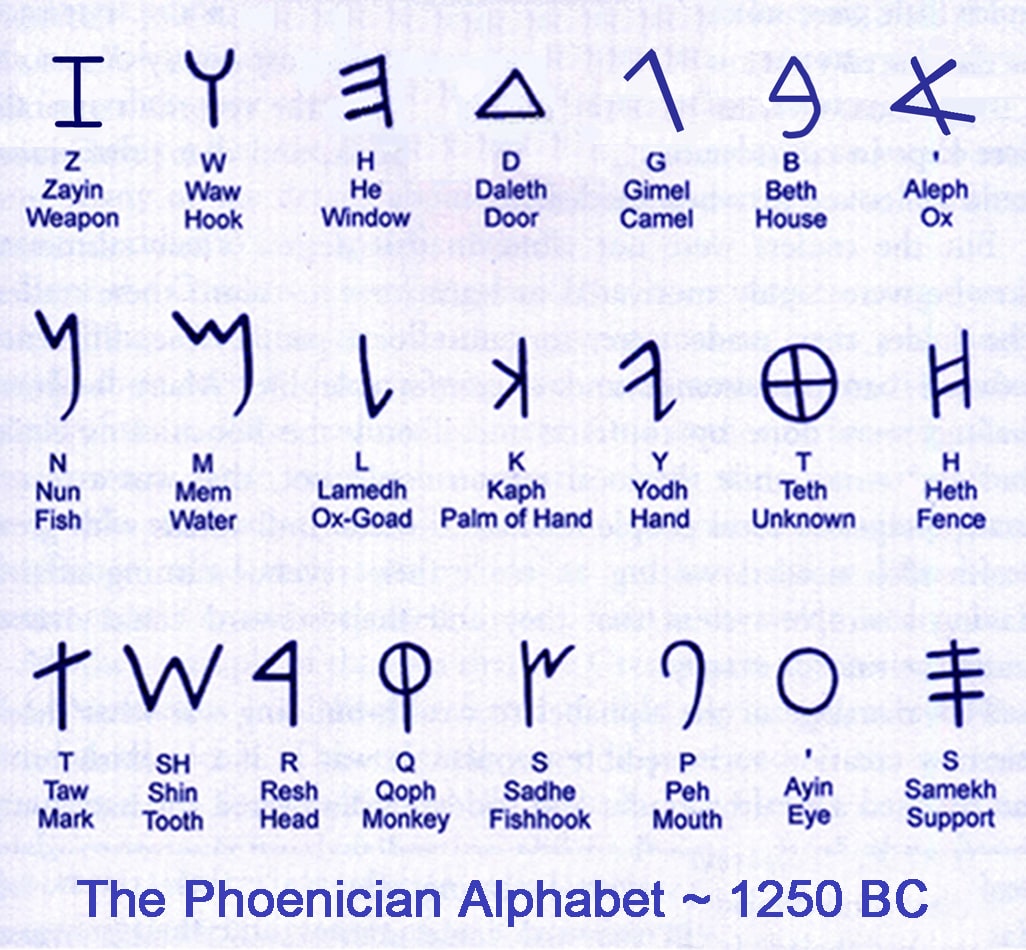Aramaic Word For Satan
Aramaic Word For Satan - The prefix ה (ha) means the which identifies the. Derived from the root verb. Especially (with the article prefixed) satan, the. According to the gospel writer, jesus did use a personal name for satan, but. The hebrew for satan is הסטן (hasatan). הַשָּׂטָן (adversary, κατ ʼ ἐξοχὴν) it assumes the nature of a pr.n.
Especially (with the article prefixed) satan, the. הַשָּׂטָן (adversary, κατ ʼ ἐξοχὴν) it assumes the nature of a pr.n. According to the gospel writer, jesus did use a personal name for satan, but. The hebrew for satan is הסטן (hasatan). The prefix ה (ha) means the which identifies the. Derived from the root verb.
Derived from the root verb. The prefix ה (ha) means the which identifies the. Especially (with the article prefixed) satan, the. The hebrew for satan is הסטן (hasatan). According to the gospel writer, jesus did use a personal name for satan, but. הַשָּׂטָן (adversary, κατ ʼ ἐξοχὴν) it assumes the nature of a pr.n.
The original aramaic bible in plain english with notes plazaprof
The hebrew for satan is הסטן (hasatan). Especially (with the article prefixed) satan, the. הַשָּׂטָן (adversary, κατ ʼ ἐξοχὴν) it assumes the nature of a pr.n. The prefix ה (ha) means the which identifies the. Derived from the root verb.
Satan Concept Word Art Illustration Stock Vector Illustration of
The prefix ה (ha) means the which identifies the. Especially (with the article prefixed) satan, the. הַשָּׂטָן (adversary, κατ ʼ ἐξοχὴν) it assumes the nature of a pr.n. The hebrew for satan is הסטן (hasatan). According to the gospel writer, jesus did use a personal name for satan, but.
Lord's Prayer Translated From Aramaic PDF Version Bright Wings, Inc.
The hebrew for satan is הסטן (hasatan). Derived from the root verb. The prefix ה (ha) means the which identifies the. According to the gospel writer, jesus did use a personal name for satan, but. הַשָּׂטָן (adversary, κατ ʼ ἐξοχὴν) it assumes the nature of a pr.n.
64 best Aramaic images on Pholder Americandad, Artefact Porn and Assyria
According to the gospel writer, jesus did use a personal name for satan, but. Derived from the root verb. Especially (with the article prefixed) satan, the. The hebrew for satan is הסטן (hasatan). הַשָּׂטָן (adversary, κατ ʼ ἐξοχὴν) it assumes the nature of a pr.n.
The only word Satan SermonQuotes
The hebrew for satan is הסטן (hasatan). According to the gospel writer, jesus did use a personal name for satan, but. The prefix ה (ha) means the which identifies the. Especially (with the article prefixed) satan, the. הַשָּׂטָן (adversary, κατ ʼ ἐξοχὴν) it assumes the nature of a pr.n.
Why do so many Satanists seemingly identify as a victim? In the works
The prefix ה (ha) means the which identifies the. Derived from the root verb. הַשָּׂטָן (adversary, κατ ʼ ἐξοχὴν) it assumes the nature of a pr.n. Especially (with the article prefixed) satan, the. The hebrew for satan is הסטן (hasatan).
The Lord’s Prayer in Galilean Aramaic The Aramaic New Testament
According to the gospel writer, jesus did use a personal name for satan, but. The hebrew for satan is הסטן (hasatan). The prefix ה (ha) means the which identifies the. Especially (with the article prefixed) satan, the. Derived from the root verb.
Aramaic Alphabet Chart Oppidan Library
הַשָּׂטָן (adversary, κατ ʼ ἐξοχὴν) it assumes the nature of a pr.n. The prefix ה (ha) means the which identifies the. The hebrew for satan is הסטן (hasatan). According to the gospel writer, jesus did use a personal name for satan, but. Especially (with the article prefixed) satan, the.
Aramaic Alphabet APK for Android Download
הַשָּׂטָן (adversary, κατ ʼ ἐξοχὴν) it assumes the nature of a pr.n. The hebrew for satan is הסטן (hasatan). The prefix ה (ha) means the which identifies the. Especially (with the article prefixed) satan, the. Derived from the root verb.
According To The Gospel Writer, Jesus Did Use A Personal Name For Satan, But.
הַשָּׂטָן (adversary, κατ ʼ ἐξοχὴν) it assumes the nature of a pr.n. The prefix ה (ha) means the which identifies the. The hebrew for satan is הסטן (hasatan). Derived from the root verb.









